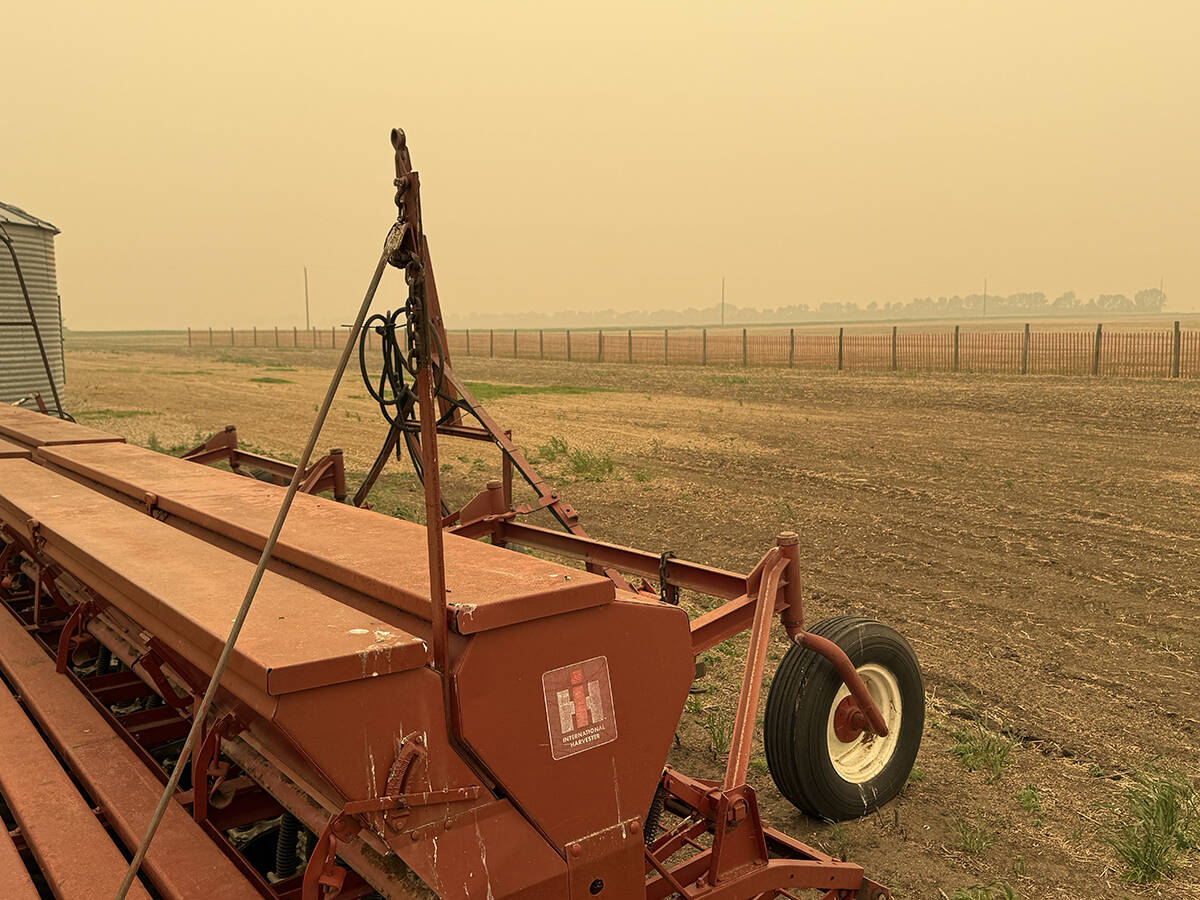ABBOTSFORD, B.C. — Farmers in British Columbia fear reduction in profit margins as minimum wage in the province have increased by 60 cents per hour.
Starting June 1, the minimum wage in B.C. increased to $15.20 an hour from $14.60.
In June 2020, B.C.’s minimum wage rose by 75 cents to $14.60 from $13.85 per hour.
“The increase in minimum wages is inevitable. It should be welcomed. However, the growers will be at the receiving end as this might lead to a decline in their profit margins. This is because the agricultural produce is perishable in nature. So, farmers’ have to sell it at market value as they can’t even fix the prices,” said Gurprit Brar of Langley, who produces blueberries on about 100 acres annually.
Read Also

Wildfires have unexpected upside this year
One farmer feels smoke from nearby wildfires shrouded the July skies and protected his crop from the sun’s burning rays, resulting in more seeds per pod and more pods per plant.
Gurprit believes that food prices might have to go up as a result of the wage increases.
There are about 600 blueberry growers farming about 27,000 acres in B.C. The industry is concentrated in the Fraser Valley and Lower Mainland and produces about 160 million pounds of the berries each year.
Blueberry grower Balraj Singh said a large number of the province’s blueberry growers are hobby farmers who already have to seek alternative jobs during the off-season for survival.
“So, it will hit the hobby growers harder?” he asked.
Apple growers are also upset.
“Minimum wage increases will consequently increase wage costs. For apple growers, this is salt into the wound, as total income is below cost of production for apples, so losses will be even greater now” said Glen Lucas, general manager of the B.C. Fruit Growers’ Association.
Lucas said the B.C. agricultural sector asked the province to postpone the minimum wage increase last year amid concerns about food security, disrupted supply chains and increased labour costs due to COVID-19 disruptions and costs, but that request was declined.
With this year’s increase, B.C.’s minimum wage is the highest in the country, he said.
Apple growers in B.C. claim that the production cost per pound is more than 30 cents, while the farmers received around 12 cents per lb. According to the 2016 census, apples are grown on 8,287 acres across the province.
Minimum wage in B.C. has increased by about 34 percent in the past four years. In 2017, it was $11.35 per hour.
Livestock producers are also not happy, said Julia Smith, president of the Small Scale Meat Producers Association.
“Many farms struggle to pay even the current minimum wage and this will be an additional burden for many operators. The labour shortage is one of the biggest problems facing the meat processing industry. At a time when we are seeing a greater than ever concentration of wealth and increasing profits on finished products, farmers, ranchers and butchers are getting paid less than ever.”
Karnail Singh, a wine producer from the B.C. Interior, has a different approach.
“I am already paying more than minimum wages to my workers. If the government really wants to help the needy, they should give them some relaxation in the tax bracket. This rise won’t really help the workers,” said Karnail Singh.















